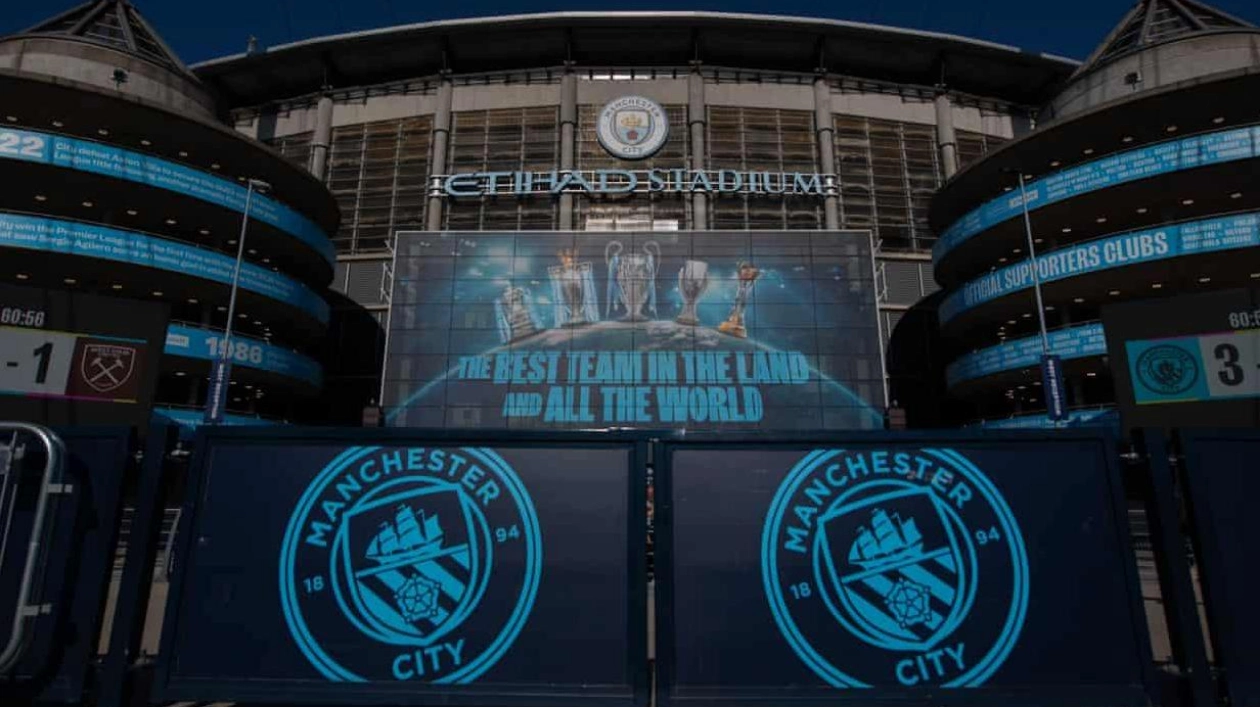The outcome of the arbitration hearing between Manchester City and the Premier League concerning the competition's Associated Party Transaction rules (APTs) has been released. This is the first of two significant rulings that will impact both parties and, more broadly, English football. In February, the Premier League revised its APT rules, which govern any financial arrangements between a club and individuals directly linked to its ownership. This includes deals like those between Manchester City and entities such as the Etihad Aviation Group, which shares an ownership structure with City, tied to the state of Abu Dhabi. When the rules were updated, City legally challenged them, arguing that the league's governance model, which requires a two-thirds majority for decisions, subjected clubs to the 'tyranny of the majority.' This challenge, along with several others, was rejected. However, City succeeded in contesting two aspects of the rules.
The primary victory involved rules on loans from shareholders to clubs. The Premier League's rules did not require these loans to undergo fair market value assessments, unlike sponsorship deals. The league argued that any club could secure such loans, making the practice not anti-competitive. City contended that this was anti-competitive by nature and distortive in effect. The arbitration panel agreed with City.
While this doesn't significantly impact City, several other Premier League teams have benefited from owner loans at rates better than market rates. These clubs will now need to adjust, and questions about potential legal action for past practices may arise. More broadly, this judgment underscores City's critique of the league's rule-making and governance. Similarly, City's second victory was over the need for improved disclosure from the league during fair market value (FMV) assessments. The league's failure to provide timely information led to two major City sponsorship deals with Etihad and First Abu Dhabi Bank being 'set aside' for re-evaluation.
However, many of City's other challenges were rejected. The panel found no evidence that the rules lacked transparency or distorted competition and player trading. In fact, the panel supported the league's decision to tighten its rules. The Premier League believes it can quickly amend its rules to address the verdict's concerns.
Both sides are publicly declaring victory, albeit for different reasons. City's extensive claims against the Premier League, framed in serious terms, were largely rejected by the tribunal. The fundamental principles underlying the league's governance were upheld. Yet, City demonstrated that the rules were unlawful in some respects and that the league's processes were flawed. This issue is likely to resurface in the second, more critical case involving City's 130 charges of violating Premier League rules. The sense that the league is not fully in control and making avoidable errors has been reinforced, contributing to instability around the competition. For a club that openly challenges the Premier League's authority, this is also a win. As for what comes next, one thing is certain: lawyers will remain busy.






